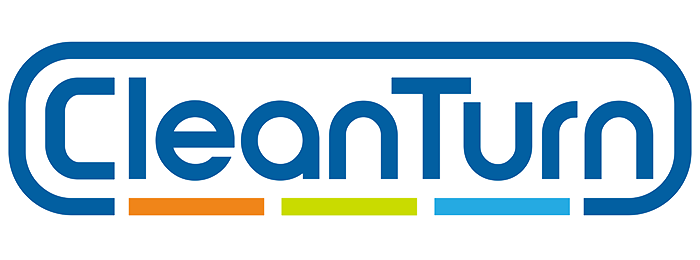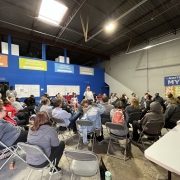Understanding “Second” Chances
There she was. Knees to chest. Curled up like a ball. Crying. Sitting in the darkness of the closet. She knew something was drastically not right, but what was it? She was five years old or so. Her mother was addicted to crack. Her body was used to helping her mother with money, but what this meant at that time in her mind was a mystery. As she grew, she developed her own addictions to help cope with the multitude of conflicting emotions and the impact of unspeakable trauma. She became homeless. She eventually ended up in prison. She entered into a recovery program and received counseling. She eventually found her way to an interview for a job looking for a career.
Would we call this a “second chance?” Perhaps what she was really looking for and needing was a legitimate first chance? Perhaps, a “Fair Chance?”
The language has evolved over the years, but what was commonly referred to as “second chance employment” was a quick and easy way to talk about giving folks who have been in jail or prison an opportunity to be employed post release. Once a person has “done their time” they should be granted an opportunity to earn a living. A simple search for “Second Chance Employment” or “Fair Chance Employment” will reveal a lively discussion of which is best.
I recently read a post by an individual who had spent time incarcerated regarding the discussion. He was straight to the point. I committed a crime. I knew what I did was wrong. I did time. I now want a “second chance.” What is fair or not fair was really irrelevant to him. What he was asking for was grace to receive what he felt he was not entitled but longed for: a second chance!
Over the years, I have seen situations where what one is asking for is neither a first or a second chance – but a third, fourth or fifth!
In a sense, if we were to be genuinely authentic in our self- assessment, it is this latter category that we fall into. We are complicated. At our core, something is drastically wrong, and for this reason we are not able to be as consistent, hopeful, joyful, loving, patient, kind, forgiving, caring, as (forget the standard of others) we ourselves want to be. We are left with the question of “what is it that we truly desire?”, when what we desire is manifested in two different responses, behaviors, habits of the mind, etc. so often. One area where this inconsistency is most noticeable is the desire to receive both justice and mercy, while remaining hellbent with respect to our desire to withhold mercy toward others. Why?
Is it fear? Pride? Some combination of the two? Or perhaps it is too complicated. It takes too long. Why would I take the time to hear your story? To hear how things took place according to your experience? Far easier to categorize, label and dispense accordingly. This makes life so simple. Or does it?
The challenge and opportunity inherent in “second chance” or “fair chance” employment is not about ignoring or deleting the past but embracing it with the recognition that it enforms who I am but it doesn’t dictate who I am. Ironically, within the “social justice” space where “love” is the most overused word, mercy can be hard to find.
For these reasons, and many others, at CleanTurn, we want to pursue social justice, we want safe communities, we invite accountability and structure. We also believe these pursuits will find their greatest realization within a framework that is full of grace, mercy, and a firm conviction that our past informs who we are, but it doesn’t dictate who we are. By creating space for community within the broader geographic “community” of Columbus, where justice’s weight and glory is its intrinsic mercy, empathy and hope, we can be open to “fair chances,” second, third and fourth… chances or whatever language we might choose.


